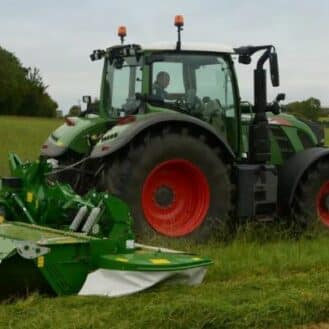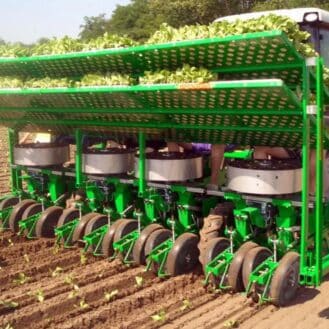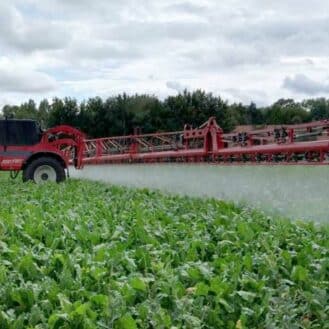An agricultural trailer is a vehicle, generally without an engine, that is hitched to a tractor vehicle to move it. Agricultural trailers are used to transport produce, equipment and farm supplies.
Choosing the right trailer depends on the payload or configuration you’re planning on. Other elements to consider include how many axles you’ll need for the trailer as well as the recommended power to tow it. Also, remember that you’ll need to comply with your local legislation whenever the trailer is driven on the road. For example, quite often, there is a legal speed limit depending on the number of axles and trailer weight. The braking systems for your trailer must also be appropriate for the trailer weight and speed of travel.
In this guide, we’ll discuss the following points:
- Trailers according to configuration
- Axles required for the trailer
- Recommended power to tow the trailer
- Categories of agricultural trailers
- Price











